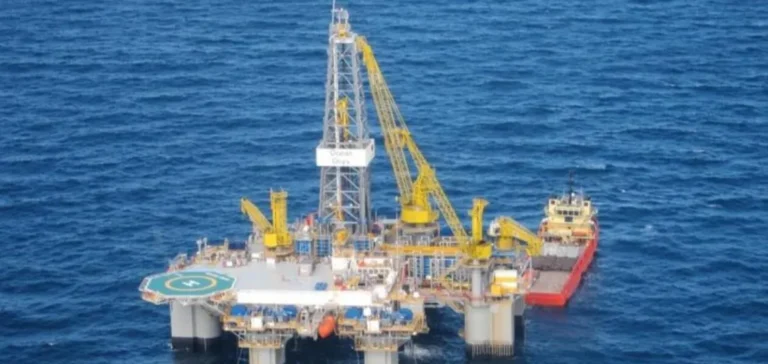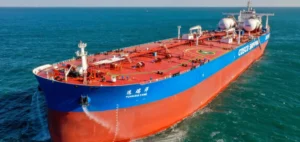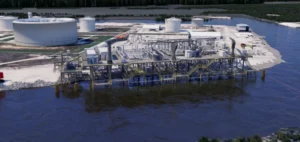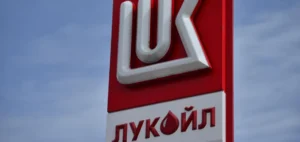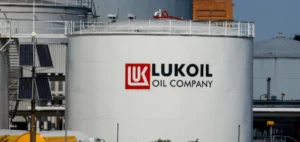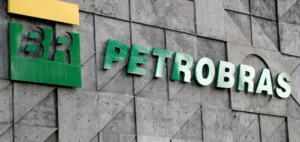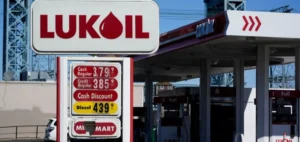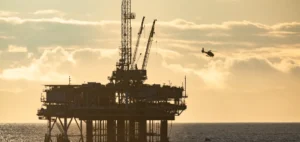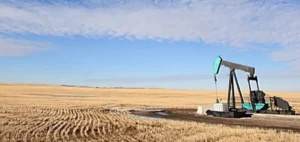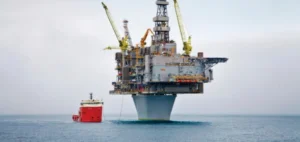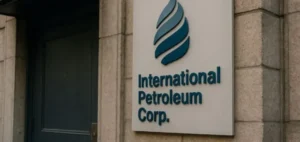The Bureau of Ocean Energy Management (BOEM) has formalized the publication of its Final Programmatic Environmental Impact Statement for the Gulf of America. This document covers oil lease sales and post-lease activities on the Outer Continental Shelf. The publication of this notice in the Federal Register is scheduled for August 29.
The environmental study evaluates the potential impacts of a representative lease sale in the region, including subsequent post-lease activities. BOEM oversees approximately 3.2 billion acres on the Outer Continental Shelf, an area larger than the entire U.S. land territory. In 2024, this region produced 667.5 million barrels of oil, representing about 14% of national output.
Legal framework and strengthened regulatory compliance
The environmental analysis program aims to strengthen regulatory compliance while ensuring greater transparency in future operations in the Gulf of America. It also incorporates recent litigation related to Lease Sale 259 and decommissioning obligations. The study will serve as the basis for future project-specific environmental reviews (“tiered” analyses), streamlining approval processes.
This step aligns with the federal “One Big Beautiful Bill Act,” which mandates at least 30 lease sales in the Gulf by 2040. The law is consistent with several recent orders: Executive Orders 14154 and 14156, as well as Secretarial Orders 3417 and 3418, all directed toward accelerating national energy development.
First sale announced for December 2025
The first sale under this regulatory framework, titled “Big Beautiful Gulf 1” (BBG1), is scheduled for December 10, 2025. BOEM will issue the final notice at least 30 days before the auction, as required by law.
According to Acting BOEM Director Matt Giacona, completing this programmatic review “ensures informed decision-making” regarding future energy activities in the region. The federal agency stated that this step will help reduce administrative delays and provide greater predictability for U.S. energy operators.


